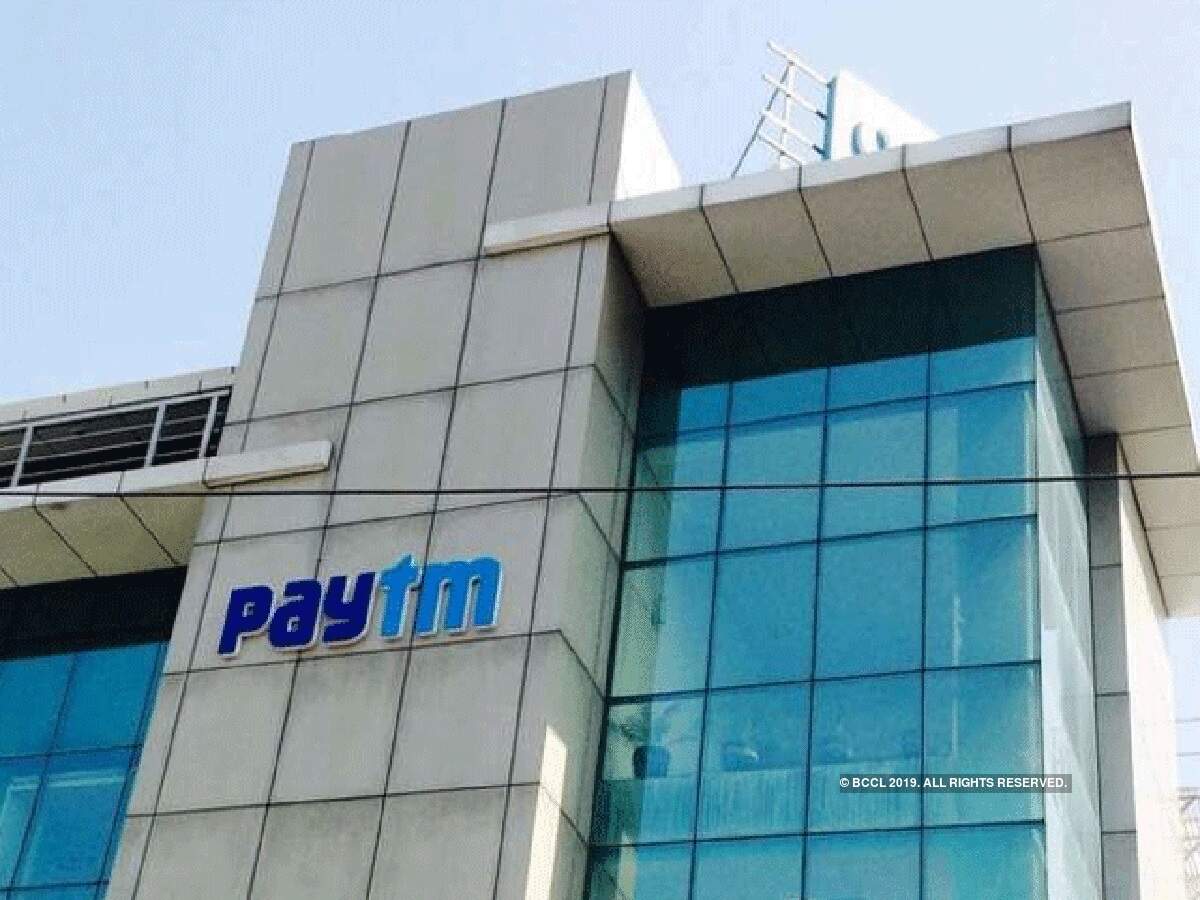
Paytm has started curbing expenditure amid the pandemic to extend its runway. The e-payments major — India’s most valued startup at $16 billion — has been cutting costs at a rate of 15-20% in the last two months, founder and CEO Vijay Shekhar Sharma told TOI in an exclusive interview earlier this month.
The development comes even as digital payments across channels — Unified Payments Interface (UPI), e-wallets and debit/credit cards — are down by 30-40%. Consumers have not been spending on several use-cases online, apart from getting essential services, as the economy takes a hit due to the Covid-19 lockdown.
Paytm was already working on reducing overall losses by 33% to $400 million, as TOI reported in October 2019. Sharma said the company is cutting down across verticals like marketing and cloud-usage, along with renegotiating office rentals. It has also gone to the extent of not sending confirmation text messages to users on recharges and bill payments, which typically costs “a few lakhs” per month.
“We have been able to cut a lot of fixed costs and once this is over we will be a lean, mean and stronger machine,” said Sharma. He added that at the current loss rate, the company has enough money to survive for over 4 years. Paytm had announced a $1-billion investment from T Rowe Price, SoftBank and Ant Financial in November last year, while it is lining up additional funding.
The development also comes as the government has decided that future investments from China will need to be approved. When contacted, a Paytm spokesperson declined to comment on the impact of the new rules, which as of now do not impact existing investments.
The Noida-based company has decided to go forward with its annual appraisal cycle where it now plans to allocate a higher amount of employee stock ownership plan (ESOPs) shares to its staff than a cash component. It has not undertaken any pay-cut measures as of now. Sharma said even though the majority of his senior leadership was willing to take a lower salary, it would have had a marginal impact on the firm’s cash flow. The company said it has around 5,000 full-time corporate employees on its payroll.
“Employees are a lot more pragmatic than one expects them to be and a lot of them were understanding of salary cuts when we did a recent town hall over a video call. But we have told employees to give money to PM CARES fund instead of taking salary cuts,” said Sharma.
While businesses like online movie ticket booking and travel have come down to virtually zero due to the virus outbreak, Sharma said utility payments, like mobile recharges and electricity bills, have gone up. As some of its verticals are seeing no operations, the company is utilising the staff strength for other businesses like financial services and insurance brokerage. It has started selling coronavirus insurance in partnership with Reliance General Insurance.
Going against the current trend of a hiring freeze across organisations, Paytm is in discussions with executives for senior roles across the company. Sharma added they would be looking to tap into the vast amount of junior to mid-level talent that is available in the market due to cost-cutting or scaling down operations in other startups. “We are totally being opportunistic right now and expect to hire both in Bangalore and Delhi,” said Sharma.
At the same time, Paytm Payments Bank, where Paytm owns 49% and Sharma 51%, has also crossed the milestone of Rs 1,000 crore in deposits across 57 million savings account holders. The bank is also now taking direct benefit transfers (DBTs) across 400 schemes like MGNREGA, LPG gas subsidy and others.
Leave a Reply